
What's the relationship between your heart rate and blood pressure?
Relationship between your blood pressure and heart rate
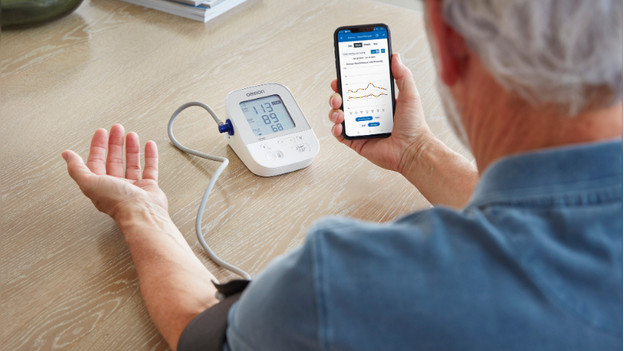
Your heart contracts and relaxes again to pump blood through your body. This provides pressure in your blood vessels, which is called blood pressure. These blood vessels also help pump your blood around by contracting and relaxing the small muscles around the vessels. Because the relationship between blood pressure and the heart rate is so close, they work together a lot. Does one of them function less well? The other needs to step in.
Why measure your heart rate and blood pressure together?
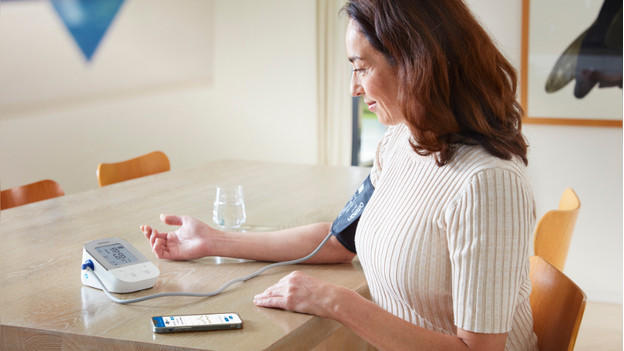
Your heart rate and blood pressure make up a big part of your health. Though they're not always related, there's a good chance you'll have heart issues as a result of high blood pressure. This usually happens without you noticing and you don't recognize what's happening by the symptoms. That's why it's best to use a blood pressure monitor with a heart rate function. Some blood pressure monitors even notify you in case of an irregular heart rate.
What your heart rate says about your health
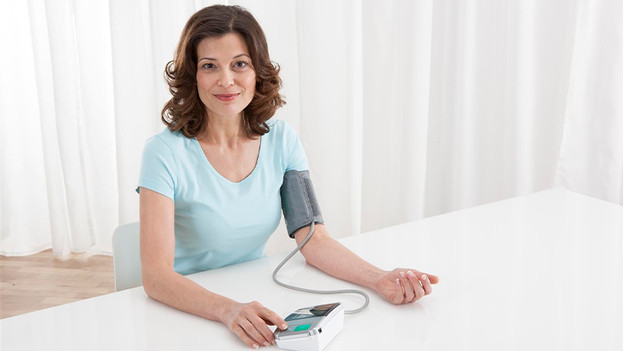
Your heart rate is a natural meter which provides a lot of information about the health of your heart. A heart rate which is too fast, slow, or irregular, may indicate arrhythmia. It may also mean that you suffer from heart valve disease, heart failure, or high blood pressure. Your heart rate also says a lot about your lifestyle. If you move a lot, you have a lower heart rate because the hart muscle is stronger. A strong heart muscle doesn't have to make much effort to pump the blood through your body.
Rise and fall in heart rate and blood pressure
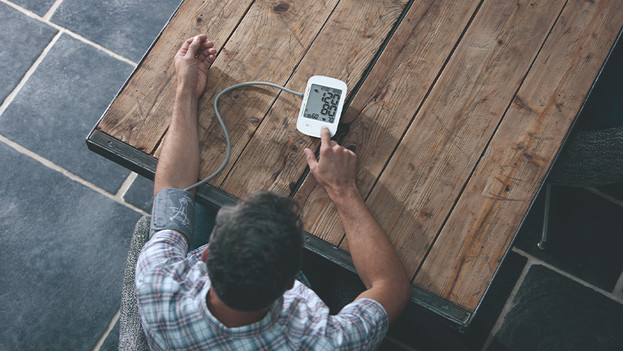
Because your heart rate and blood pressure work closely together, they often have an impact on each other. With a low blood pressure, the heart beats faster to keep your blood pressure at the right level. A high blood pressure can result in an irregular heart rate. A high blood pressure doesn't necessarily mean you get a high heart rate and the other way around. That's why there are blood pressure monitors with a built-in heart rate monitor which monitor both values separately.
Low blood pressure, high heart rate

As said above, your heart rate and blood pressure don't necessarily rise together. When your heart pumps faster, your blood vessels get wider so the blood can flow through the blood vessels more easily. This doesn't mean your blood pressure rises. Your heart rate can beat twice as fast without affecting your blood pressure too much. With a too low blood pressure, this system makes your heart beat faster. This may result in a too high or irregular heart rate.
High blood pressure, low heart rate

If your blood pressure is high, your blood vessels need to work harder to pump the blood around your body. When this happens for a long time, your heart tissue may become thicker. This makes it harder for your heart to pump the blood around. This results in a low heart rate and high blood pressure. It's sensible to visit a doctor first if you measure a low heart rate for a longer time.
Risk groups
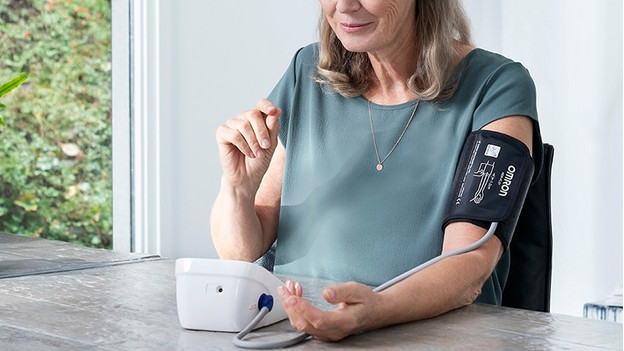
People above 70, diabetic patients, or people with heart problems need to monitor their blood pressure. These risk groups have a bigger chance to have heart rate and blood pressure issues. Do you suffer from a too low or high blood pressure? It's a good idea to monitor your heart rate.


